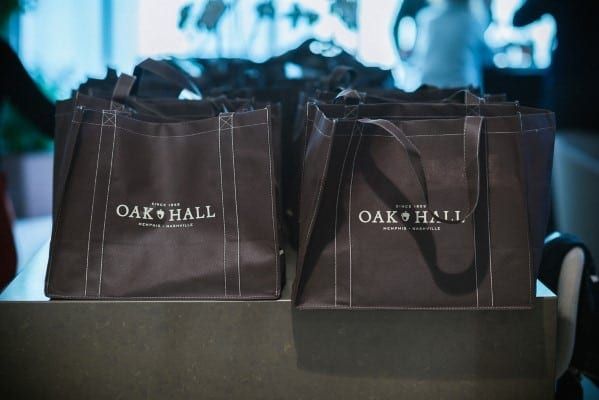When Kaki King went into the studio to record the tracks for her fourth album, Dreaming Of Revenge, her producer, Malcolm Burn, had one condition. He said, 'If someone can't be sawing a log in half and whistling along to the song, I don't want it on the record,'" King recalls with a laugh. And so the bar was set. Burn's mandate was just the push King needed to make her most accessible CD yet.
"Even though half the tracks are instrumentals, I feel like I'm writing pop songs," King says. "We really concentrated on the melodies. Everything I write tends to be dense and chordal, but this time the idea was to layer the challenging guitar work under very simple, beautiful melodies. I really wanted them to be memorable."
That strict attention to song craft is a logical step for King, whose previous album, 2006's Until We Felt Red, propelled this dazzling young guitar player and composer, known to instrumental music fans for her finger-picking, fret-slapping and percussive thumping style, into previously uncharted indie-rock territory. Red found King branching out with songs that featured electric and pedal-steel guitar, horns and, for the first time, vocals. Dreaming of Revenge picks up that thread, continuing her evolution from acoustic instrumentalist to full-fledged, multi-faceted songwriter.
Previously, her whispery, ethereal voice was used as mainly another element in her sonic arsenal. This time around, King put more effort into both her vocals and the lyrics she wrote for such deeply felt tracks as "Pull Me Out Alive," "Saving Days In A Frozen Head," "Life Being What It Is" and "2 O’clock," the latter two of which she describes as break-up songs.
Recently, Kaki King agreed to talk with O&AN about her new album in an exclusive interview.
You seem to be drawing from some pretty deep wells with this album. Where did you draw most of your inspiration for Dreaming of Revenge?
I took the name from Gaugin “Life being what it is, we all dream of revenge,” which I think is juts hilarious. I’m not really a vengeful person, but much of the album was written after going through a bad breakup and that emotional aspect was definitely in play with the lyrics. I was trying to reclaim myself as an acoustic guitarist, so I wrote a bunch of acoustic guitar songs.
What was it like working with someone as prominent as Malcolm Burn, who has worked with such greats as Emmylou Harris and Bob Dylan? Were you at all intimidated?
You could hardly call Malcolm’s presence intimidating. He was just like anyone else really. He wanted to do creative things and so did I, so it was a perfect fit. He really helped me to focus on using the studio as a creative place as opposed to just being there and getting it done. If I had any anxiety at all about meeting him he diffused it within 30 seconds of meeting him.
What was the most challenging thing for you about recording the new album?
The most challenging thing about recording this album was that we got so into the technical aspects of the work that we were afraid we wouldn’t finish in the time we had allotted. Our intent was originally to get well into it about three quarters then I had a tour lined up, so I would do the tour then come back later.
We worked really hard at it and didn’t take too many days off and the time just flew by as idea after idea was implemented. So we looked at the time and realized that we could realistically finish the album with some time to spare. It was a really incredible experience for me because I had gone through this big break up and I didn’t even have a house any more, so I was trying to move out of town and getting things done in the state I was in was a real challenge, but we made it happen. It was a very strenuous time for me trying to make it perfect and when it was finally done I was relieved and very pleased
How does it feel to be getting as much attention as you have begun to attract now?
I never really imagined I would be getting this much attention. It’s really interesting to me because it has started to get to where people are starting to ask me about what I wear and what kind of soap I use. I just want to talk about the music so I always ask if we can just get back to that. It really doesn’t affect me too much because no one ever recognizes me or bother me or calls me “That guitar girl” or anything, so I’m fine.
You started out performing as a busker on the New York subways. How do you think that experience informed your later work?
It has been a long time since I’ve busked on the subways. It really isn’t that different a lot of times from performing anywhere else because a lot of what I do takes some real focus to pull off. I can get pretty internal with my performances depending on what I am playing and who I am playing for and what kind of vibe I seem to be getting from the audience.
I do all of the same things on stage that I used to do when I would busk. The experience on the subways was very valuable for me because now there is almost nothing that can distract me while I’m playing.
